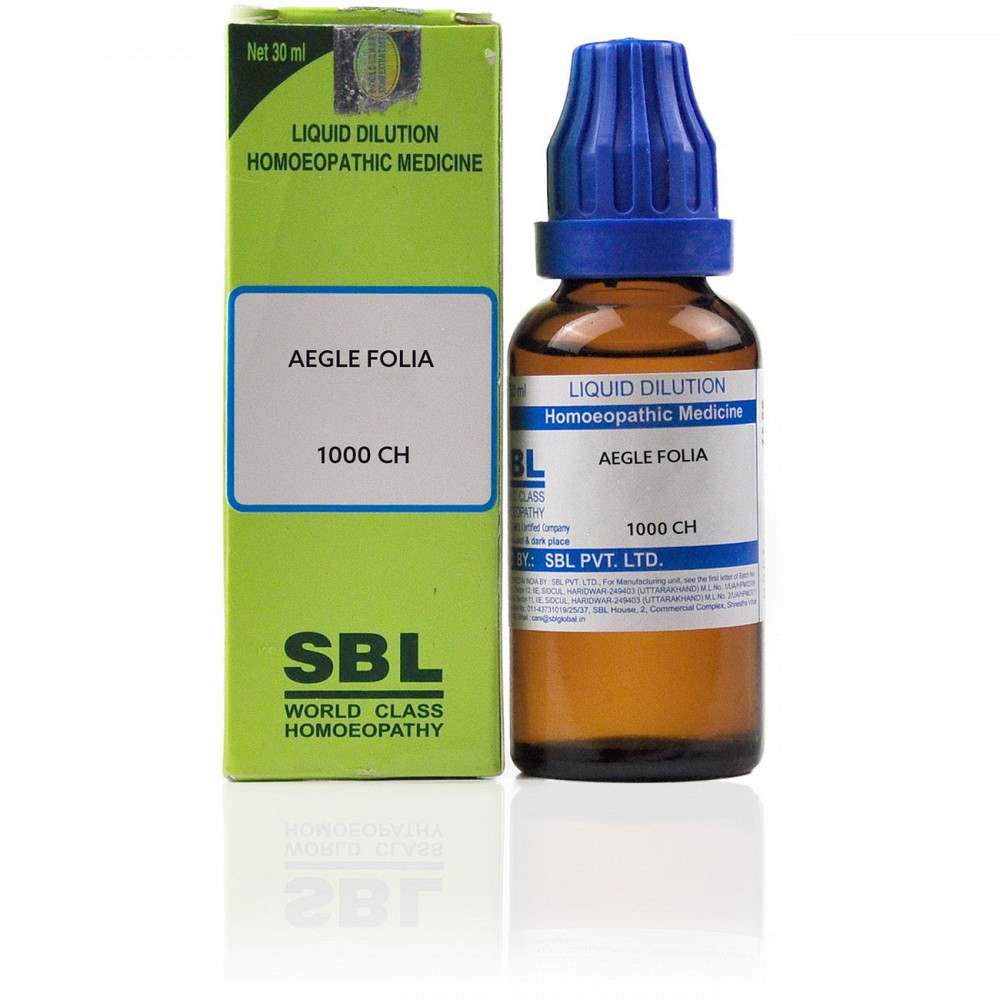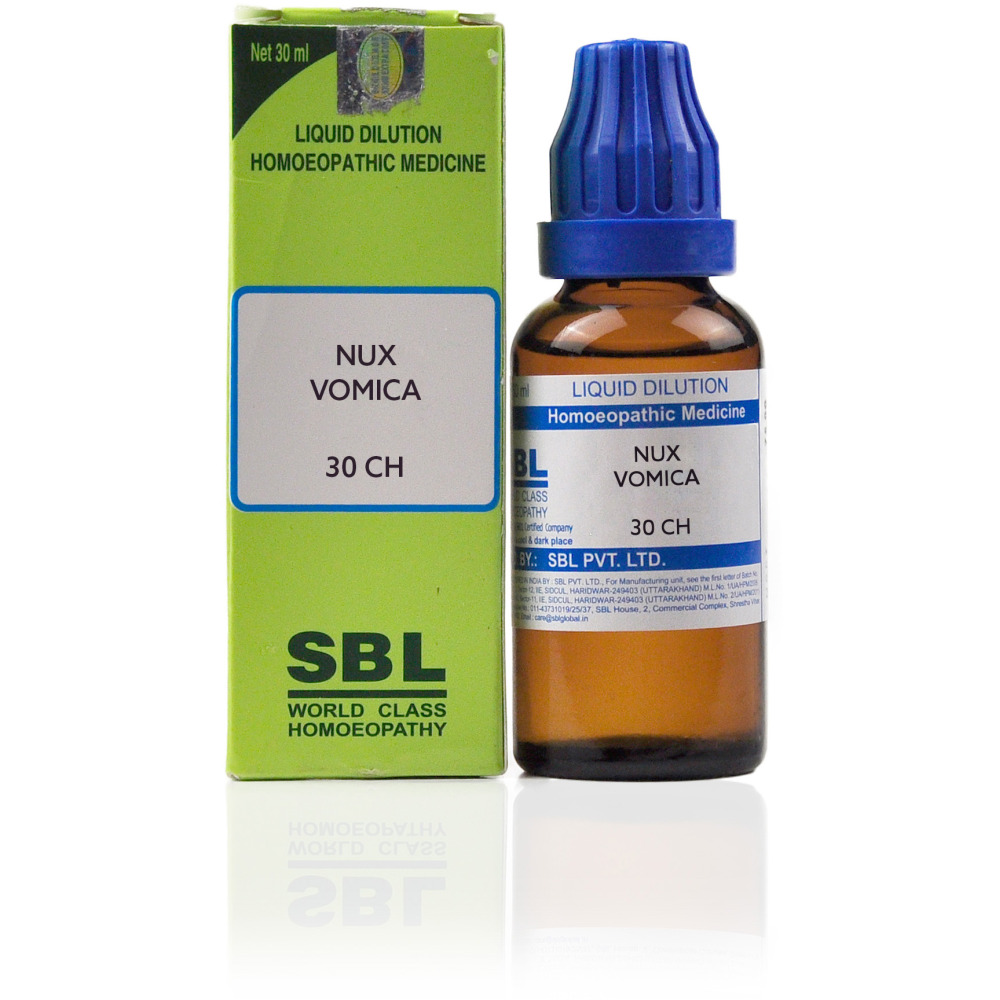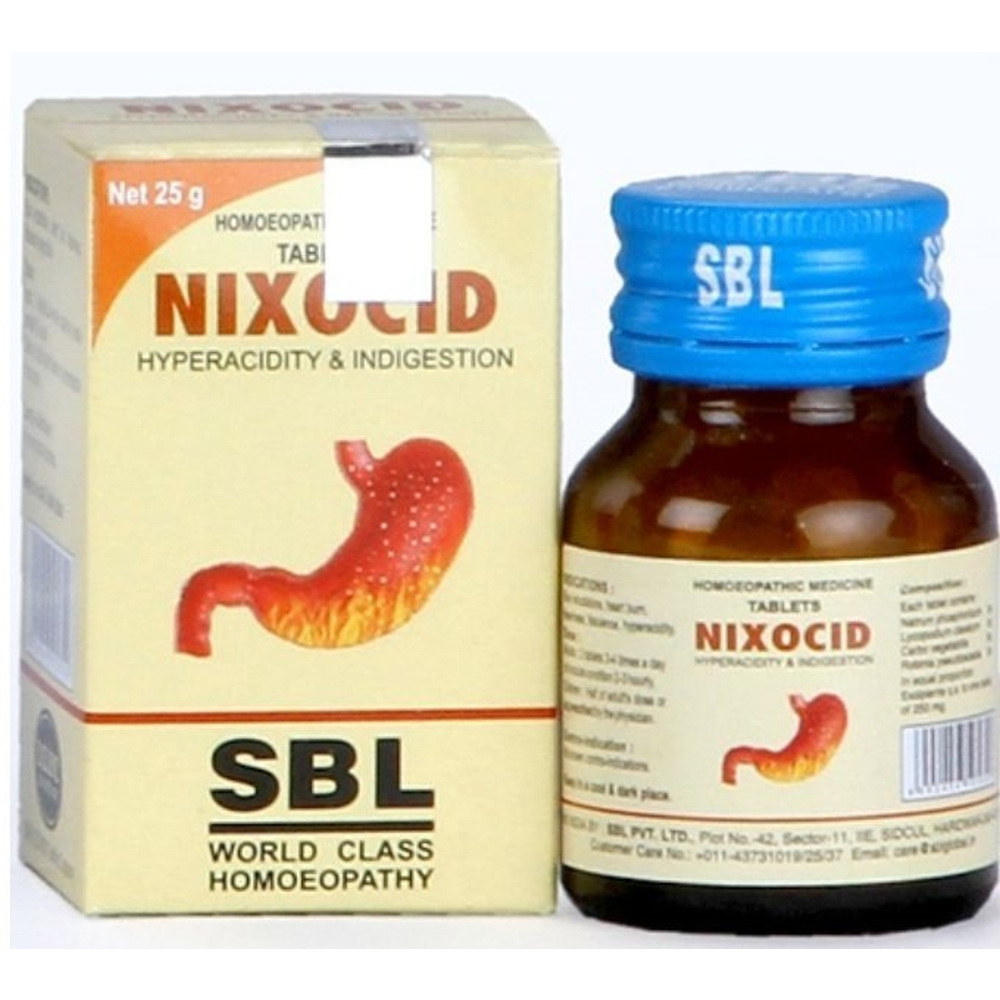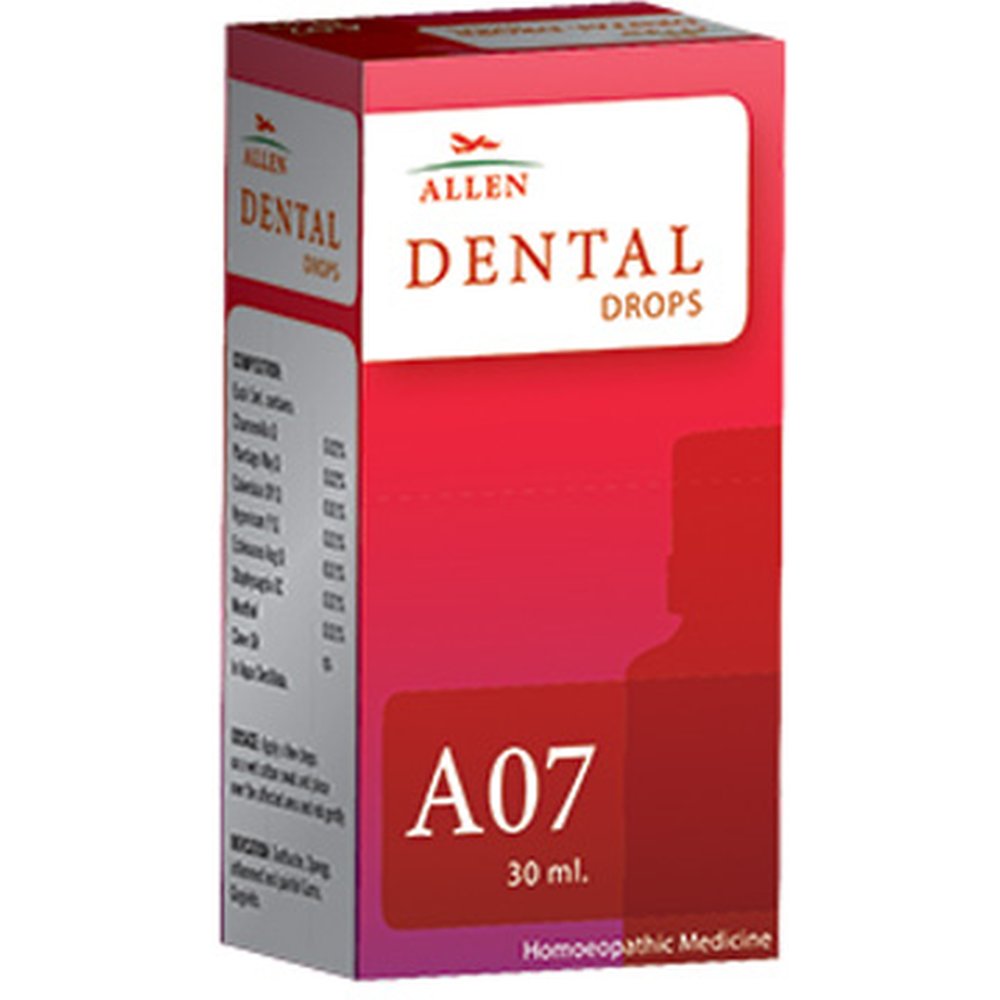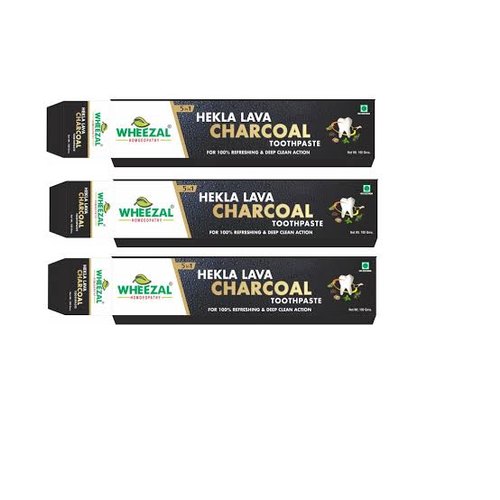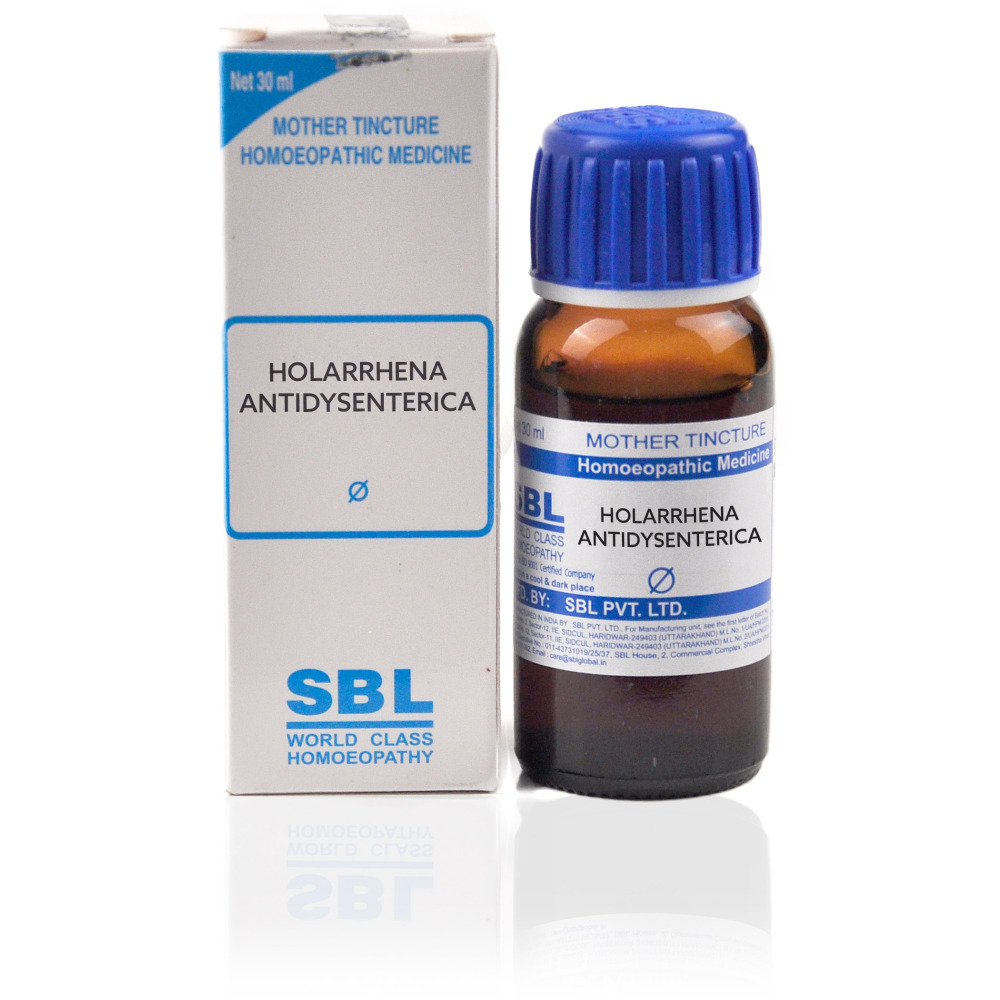
Holarrhena Antidysenterica (Kurchi)
Holarrhena antidysenterica, also known as Kurchi or Kutaja, is a medicinal plant native to India, Myanmar, and Sri Lanka. It has been used in traditional Ayurvedic and Unani medicine for centuries for its various medicinal properties.
The bark of the Kurchi tree contains several alkaloids such as conessine, holarrhimine, kurchine, and kurchicine, which have antiamoebic, antiviral, antifungal, and antibacterial properties. Kurchi has been traditionally used for the treatment of diarrhea, dysentery, and other gastrointestinal disorders due to its antidiarrheal and antispasmodic effects.
In addition to its gastrointestinal benefits, Kurchi has also been studied for its potential antimalarial and anticancer effects. Some studies have found that the alkaloids found in Kurchi bark can inhibit the growth of cancer cells and prevent the spread of cancer.
Overall, Kurchi has shown promising therapeutic potential for various health conditions, but more research is needed to fully understand its mechanisms of action and potential side effects. It is important to note that Kurchi should not be used without proper medical supervision and guidance.
Uses of Kurchi:
Holarrhena antidysenterica (Kurchi) has a wide range of uses in traditional medicine, mainly in Ayurveda and Unani systems of medicine. Some of the common uses of Kurchi are:
Gastrointestinal disorders: Kurchi has been traditionally used for the treatment of diarrhea, dysentery, and other gastrointestinal disorders due to its antidiarrheal and antispasmodic effects.
Antimicrobial properties: Kurchi has been shown to possess antiviral, antifungal, and antibacterial properties. It has been used to treat infections caused by bacteria, fungi, and viruses.
Antimalarial properties: Kurchi bark has been found to have potential antimalarial properties. The alkaloids present in Kurchi bark have been shown to inhibit the growth of Plasmodium falciparum, the parasite responsible for causing malaria.
Skin disorders: Kurchi has been used in traditional medicine for the treatment of skin disorders such as eczema and psoriasis due to its anti-inflammatory properties.
Diabetes: Kurchi has been shown to have antidiabetic properties and has been used in traditional medicine for the treatment of diabetes.
Liver disorders: Kurchi has been used in traditional medicine for the treatment of liver disorders such as jaundice due to its hepatoprotective effects.
Cancer: Kurchi has been studied for its potential anticancer effects. The alkaloids present in Kurchi bark have been found to inhibit the growth of cancer cells and prevent the spread of cancer.
It is important to note that Kurchi should not be used without proper medical supervision and guidance. The appropriate dosage and duration of use of Kurchi depend on several factors, including the patient's age, health status, and medical history.
Benefits of Kurchi:
Holarrhena antidysenterica (Kurchi) has several potential health benefits, as supported by traditional use and scientific research. Here are some of the potential benefits of Kurchi:
May help treat gastrointestinal disorders: Kurchi has been traditionally used for the treatment of diarrhea, dysentery, and other gastrointestinal disorders due to its antidiarrheal and antispasmodic effects.
May possess antimicrobial properties: Kurchi has been shown to possess antiviral, antifungal, and antibacterial properties, which can help fight off infections.
May have antimalarial properties: Kurchi bark has been found to have potential antimalarial properties, which may help in the prevention and treatment of malaria.
May have anti-inflammatory properties: Kurchi has been traditionally used for the treatment of inflammatory conditions such as eczema and psoriasis due to its anti-inflammatory properties.
May have hepatoprotective effects: Kurchi has been used in traditional medicine for the treatment of liver disorders such as jaundice due to its hepatoprotective effects.
May have antidiabetic effects: Kurchi has been shown to have antidiabetic properties and may help regulate blood sugar levels.
May have anticancer effects: Kurchi has been studied for its potential anticancer effects. The alkaloids present in Kurchi bark have been found to inhibit the growth of cancer cells and prevent the spread of cancer.
t is important to note that more research is needed to fully understand the potential benefits of Kurchi and its mechanisms of action. Kurchi should not be used without proper medical supervision and guidance.
Benefits of Kurchi in hindi:
होलारहेना एंटीडिसेंटेरिका (कुर्ची) के कई स्वास्थ्य लाभ हैं। इसे विभिन्न बीमारियों के इलाज के लिए इस्तेमाल किया जाता है। यह निम्नलिखित रूपों में उपलब्ध होता है:
डायरिया:होलारहेना एंटीडिसेंटेरिका को डायरिया के इलाज में इस्तेमाल किया जाता है। इसमें मौखिक दवाओं के रूप में लिया जा सकता है या फिर इसके फल, छाल और बीजों से बनाई गई चाय के रूप में भी लिया जा सकता है।
पेट के रोग:ह होलारहेना एंटीडिसेंटेरिका पेट संबंधी समस्याओं जैसे कि कब्ज, उलटी, पेट में दर्द और पेट की गैस को कम करने में फायदेमंद होता है।
दस्त:ह होलारहेना एंटीडिसेंटेरिका दस्त रोग के उपचार में भी उपयोगी होता है। इसे दस्त रोग के इलाज में मौखिक रूप से लिया जा सकता है या फिर इसकी चाय का उपयोग किया जा सकता है।
एंटी-इनफ्लेमेटरी:ह होलारहेना एंटीडिसेंटेरिका एंटी-इनफ्लेमेटरी गुणों से भरपूर होता है
SBL Holarrhena Antidysenterica (Kurchi) 1X (Q) (30ml)
You can get 15% off on SBL Holarrhena Antidysenterica (Kurchi) 1X at Homoeobazaar, where natural remedies meet convenience. Our selection of top-quality homeopathic medicines is designed to enhance your health naturally. Take advantage of this offer today and discover the benefits of holistic healing with trusted brands.
- Stock: 153
- Packsize: Kurchi 1X Q


